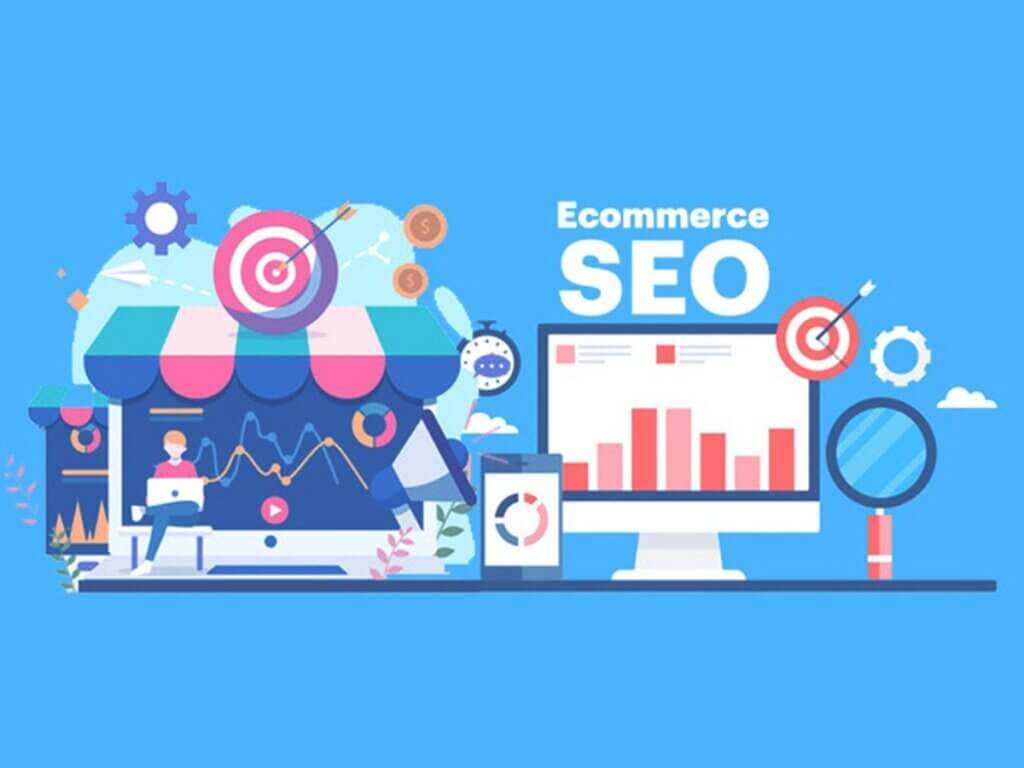
In the dynamic realm of e-commerce, where online stores compete for digital shelf space, understanding the intricacies of Search Engine Optimization (SEO) is pivotal to success. SEO is the art and science of enhancing a website’s visibility in search engine results, and it plays a crucial role in the growth and profitability of e-commerce businesses.
SEO, in its essence, is about crafting a website in a way that search engines, particularly giants like Google, can easily comprehend its content and structure. When executed effectively, SEO serves as the beacon that guides potential customers to your online store. But why is SEO so integral to e-commerce success?
E-commerce SEO, specifically tailored to the unique demands of online shopping, holds the potential to be a game-changer. It assists in elevating an online store’s digital presence by optimizing various aspects of its website. This includes meticulous keyword research, strategic on-page optimization, attention to technical details, and the cultivation of an engaging content ecosystem.
So, why does all this matter? Simply put, SEO is the bridge that connects your online store to the vast and ever-growing online marketplace. It ensures that your store is not just a digital storefront but a beacon that attracts potential customers from across the web. In this exploration of E-commerce SEO, we delve deeper into its facets, uncovering how it influences the visibility, credibility, and success of online stores.
The Foundations of E-commerce SEO
E-commerce SEO is a multifaceted strategy that involves optimizing various elements of your online store to improve its visibility in search engine results. This includes:
- Keyword Research: Identifying relevant keywords that potential customers might use to find your products is the first step. Keyword tools can help you uncover valuable search terms.
- On-Page Optimization: Your product pages should be well-structured, featuring optimized titles, descriptions, and high-quality images. Content should be engaging, informative, and include keywords.
- Technical SEO: Ensure your website is mobile-friendly, loads quickly, and is easy to navigate. This can improve user experience and search engine rankings.
- Link Building: Building high-quality backlinks can boost your website’s authority and visibility. Collaborate with influencers or other reputable websites in your niche.
- Content Marketing: Regularly creating and promoting informative content, such as blog posts or videos, can attract organic traffic and establish your brand as an authority.
User Experience Matters:
Search engines like Google prioritize websites that provide a good user experience. This means your online store should be easy to navigate, load quickly, and be mobile-responsive. A seamless user experience can lead to higher conversion rates and improved search engine rankings.
Product Descriptions and High-Quality Images
Well-crafted product descriptions that include keywords can improve your SEO. Also, use high-quality images that showcase your products from different angles. This can enhance
user experience and encourage sales.
Local SEO for E-commerce
If your online store has a physical location, implementing local SEO is essential. Optimize your Google My Business listing, and ensure that your store’s address, phone number, and hours of operation are consistent across all online platforms.
Regularly monitor your website’s performance through analytics tools like Google Analytics. Use the data to make informed decisions about your SEO strategy. Adapt to changes in consumer behavior and search engine algorithms.Search engine algorithms are continually evolving. Stay informed about the latest SEO trends and updates, and be prepared to adjust your strategy accordingly.
E-commerce SEO is more than just a strategy; it’s the lifeblood of online success. It’s the means by which your online store is discovered, trusted, and chosen by customers in an environment where choices abound. It is the catalyst that transforms a mere website into a thriving, customer-attracting digital hub.It is a testament to the ever-increasing importance of online presence and the role SEO plays in achieving and sustaining it.



